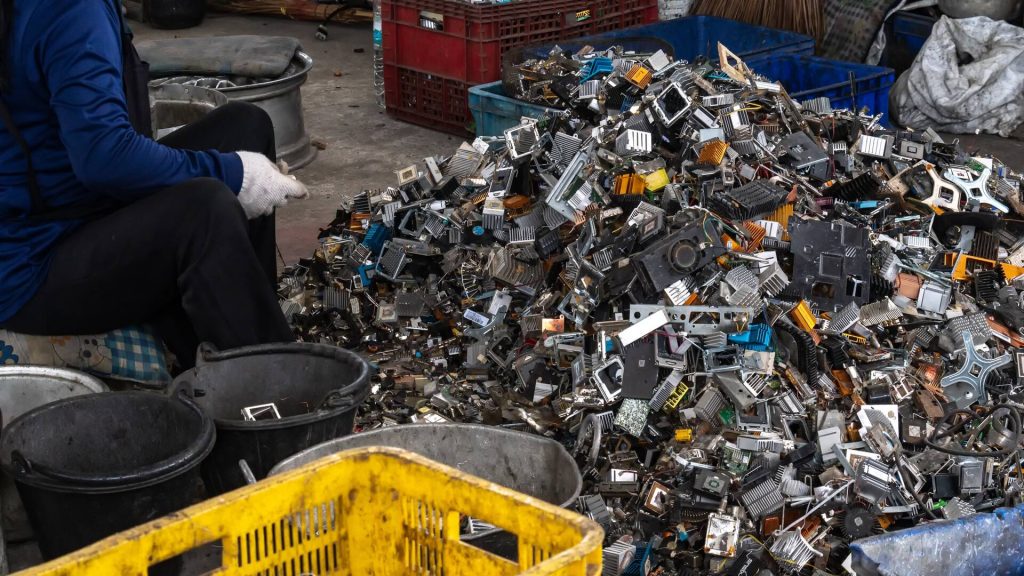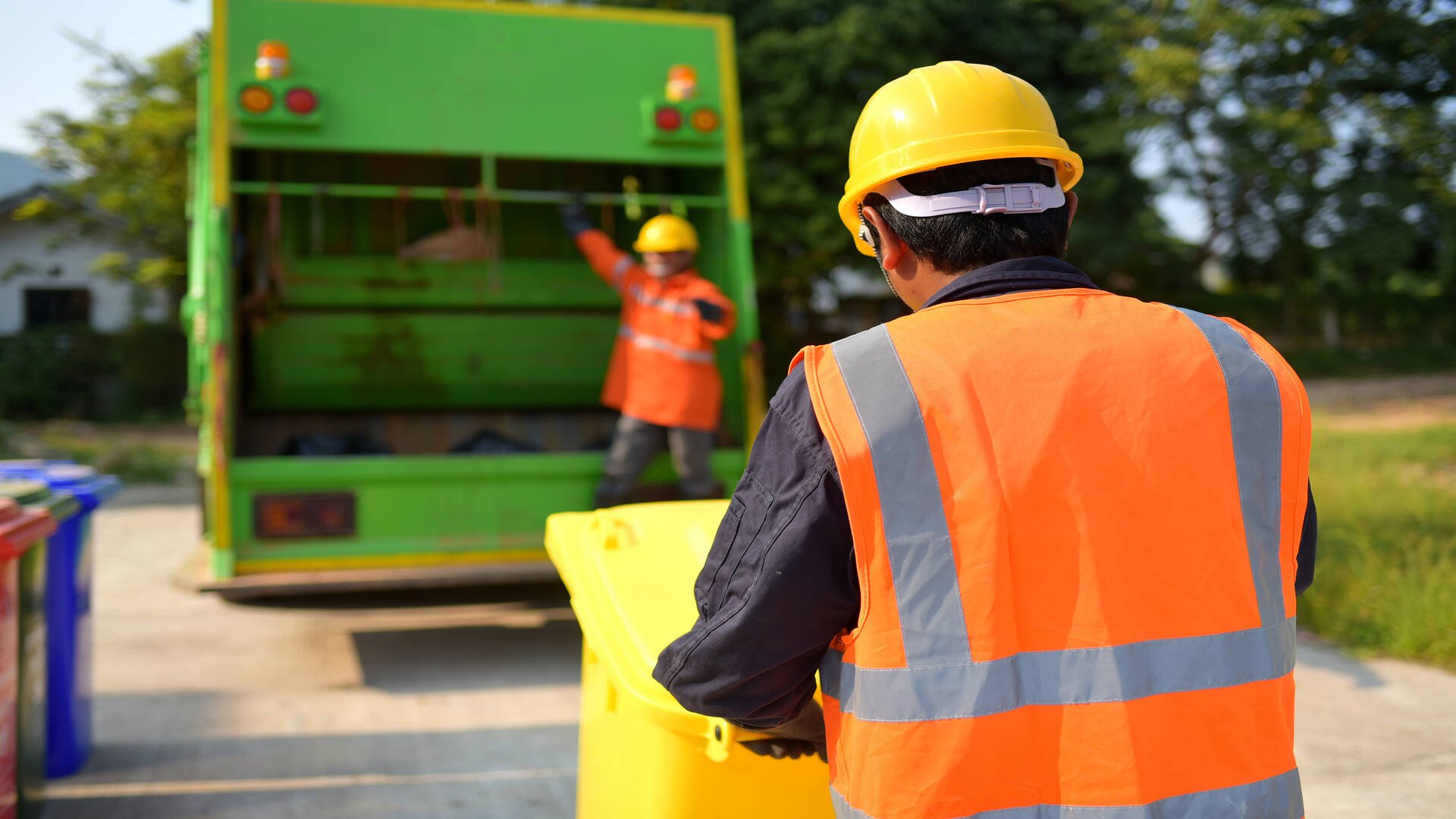E-waste (short for electronic waste) is a fast-growing source of environmental pollution. The increasing use of electronic devices has resulted in the constant production and disposal of countless unwanted gadgets and their accessories.
E-waste harms humans and the environment. They are buried or burnt in landfills, polluting the land, water, and air and causing health problems. Smoke from E-waste also causes asthma and lung cancer. Besides, heavy metals in many electronics can leach into the soil and water supply, posing severe health risks.
You can avoid these negatives if you take the necessary procedures to dispose of electronic equipment responsibly. Here are some of the best practices for disposing of E-waste:
- Hire A Responsible Rubbish Removal Company
One of the most important chores at home and in business is waste management. Managing E-waste the right way can be a tedious and difficult task. If you don’t feel confident handling your unused electronics alone, consider working with a business specializing in waste removals like dirtcheaprubbishremoval.com.au/sydney/sutherland-shire/ and others. Using such a service will help you become more socially responsible. You won’t also risk violating regulations or damaging the environment, either. Hence, hiring a professional waste management service is never a waste of your time and resources.
You should research to ensure that your selected vendor for e-waste collection is reliable and certified. Be cautious because some businesses will look through discarded electronics for anything of value, then dispose of the rest in an unethical and unlawful manner. People desperate for money will often dismantle, melt, or burn their e-waste for a few cents a day, exposing themselves and others to toxic chemicals.
- Resell Them
Most people don’t throw away outdated devices, so they end up with such trash in their homes. If you have old TVs, radios, fridges, desktops, or outdated telephones, try selling them online to free up space in your house. Although they may seem useless at first glance, even broken or old electronics have a market. More importantly, earning extra money is the first and clear benefit for anyone selling unused or unwanted electronic gadgets.
In terms of monetary value, newer items like laptops and smartphones will get a higher price than older ones like video game consoles, but both will bring you money. So, if you have any broken or outdated electronic items lying around, selling them for extra cash is preferable to storing them in a drawer or dumping them.

- Recycle Them
If you are unable to continue to use your electronic devices or resell them, then you must recycle them properly. Before recycling, ensure that all of your sensitive data have been deleted from the device. This means that any batteries have been removed (as the batteries may need to be recycled separately) and that any broken parts have been placed in sealed packaging so any potentially hazardous materials won’t leak. Additionally, wear protective gloves if you are handling any damaged e-waste.
The steps may require considerable effort and time. However, you can find a reliable recycling service near you. Ask them how e-waste will be handled and if they have certifications or follow strict recycling criteria. Research on what’s offered locally, too, because e-waste collection and drop-off services may be available.
- Trade-In To Upgrade
With fewer raw materials available and more expectations for environmental protection, the company that manufactured your electronics may also provide an e-waste program through discounts, buy-backs, or free collection services.
As for retailers, they may accept returns of older models in exchange for a discount toward the purchase of newer, more up-to-date models. To make use of electronic waste, some recycling companies have also established electronic drop-off programs and collection stations for items like smartphones and tablets.
- Donate To People In Need Of Them
As an old saying goes, one man’s junk is another man’s treasure. If you have pre-owned devices, such as personal computers (PCs), monitors, remote controls, cameras, controllers, printers, Wi-Fi routers, laptops, smartphones, etc., that you no longer use and were planning to recycle, you might want to donate them instead.
Used electronics that are still working can be given to educational facilities, churches, and charity groups. A PC using last year’s software can be sufficient enough for an adult literacy organization to teach students the fundamentals of computer use. A daycare center could benefit from a secondhand DVD player to provide instructional videos.
Conclusion
Businesses and individuals must responsibly dispose of e-waste due to their considerable reliance on electronics. Proper waste management is not only advantageous for the well-being of people and the environment, but it also has the potential to be economical.









